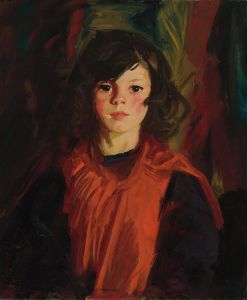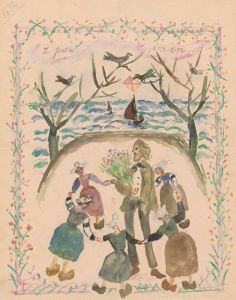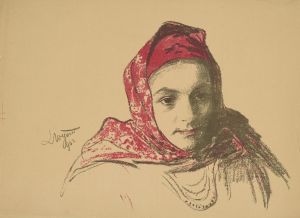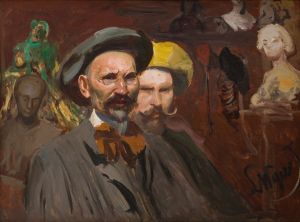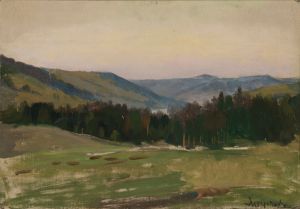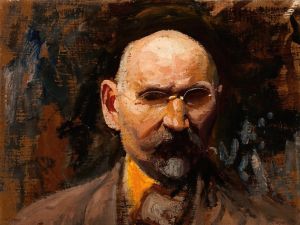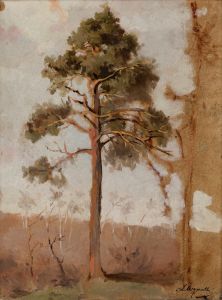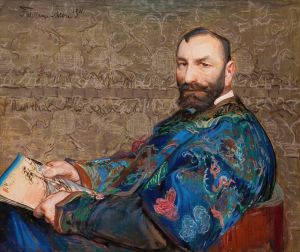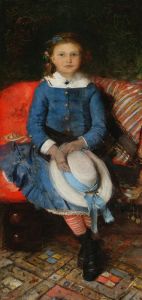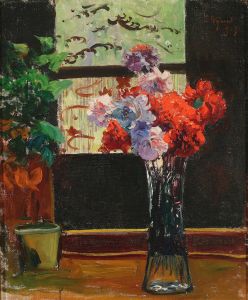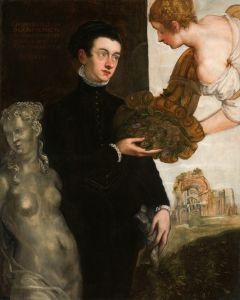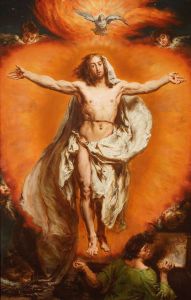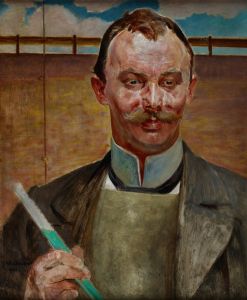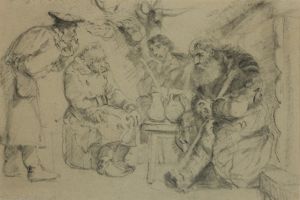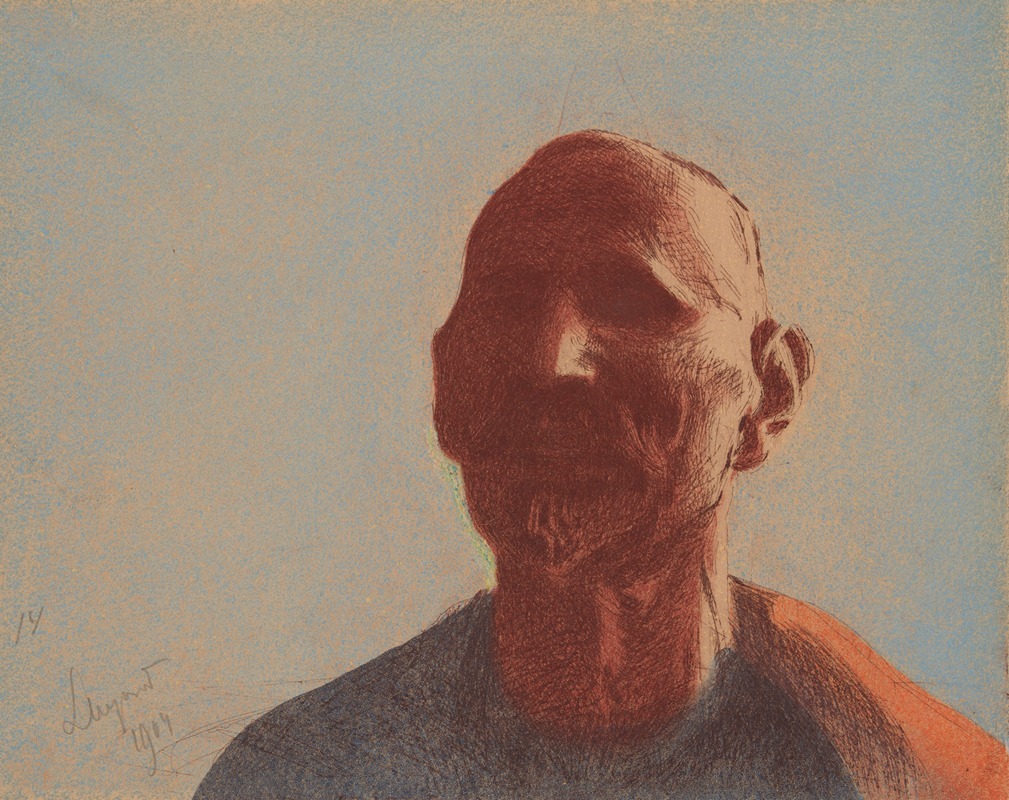
Autoportret
A hand-painted replica of Leon Wyczółkowski’s masterpiece Autoportret, meticulously crafted by professional artists to capture the true essence of the original. Each piece is created with museum-quality canvas and rare mineral pigments, carefully painted by experienced artists with delicate brushstrokes and rich, layered colors to perfectly recreate the texture of the original artwork. Unlike machine-printed reproductions, this hand-painted version brings the painting to life, infused with the artist’s emotions and skill in every stroke. Whether for personal collection or home decoration, it instantly elevates the artistic atmosphere of any space.
Leon Wyczółkowski's Autoportret (Self-Portrait) is a notable work by the Polish painter, who was one of the leading figures of the Young Poland movement and a prominent representative of realism and impressionism in Polish art. The painting is an introspective depiction of the artist himself, showcasing his technical skill and his ability to convey personality and emotion through portraiture.
Wyczółkowski created several self-portraits throughout his career, and each one reflects a different phase of his artistic development and personal life. Autoportret is particularly significant as it provides insight into the artist's self-perception and his approach to capturing human expression. The work is characterized by meticulous attention to detail, a hallmark of Wyczółkowski's style, and demonstrates his mastery of light and shadow to create depth and realism.
The exact date of creation for this particular self-portrait is not definitively documented, but it is consistent with Wyczółkowski's broader body of work, which spans the late 19th and early 20th centuries. During this period, Wyczółkowski was experimenting with various techniques and mediums, including oil painting, pastels, and graphic arts. His self-portraits often served as a means of exploring these techniques while also offering a personal and intimate subject matter.
Leon Wyczółkowski was born on April 11, 1852, in Huta Miastkowska, Poland, and studied at the Kraków School of Fine Arts, where he was influenced by prominent Polish artists of the time. Over the course of his career, he became known for his landscapes, portraits, and genre scenes, as well as his contributions to the development of modern Polish art. His works often reflect a deep connection to Polish culture and history, and he was a key figure in the artistic circles of Kraków and Warsaw.
Today, Wyczółkowski's works, including Autoportret, are held in high regard and can be found in major Polish art collections, such as the National Museum in Kraków and the Leon Wyczółkowski District Museum in Bydgoszcz, which is named in his honor. These institutions preserve and showcase his legacy, ensuring that his contributions to Polish art continue to be appreciated by future generations.
While specific details about the context or circumstances of Autoportret's creation may be limited, the painting remains an important example of Wyczółkowski's skill as a portraitist and his ability to convey a sense of individuality and introspection.





